Office Vacancy on the Rise in Charlotte
See how this market is faring compared to its peers, according to CommercialEdge.
Charlotte’s office sector recorded high vacancy rates, on par with national trends, while deliveries witnessed significant drops, according to CommercialEdge. Investments, showing a slight increase, included a $117 million deal.

As of July, Charlotte had 1.8 million square feet of office space under development across seven properties, representing 2.1 percent of total stock.
The rate was higher than the national average of 1.3 percent and those recorded in most peer markets, such as Raleigh-Durham (2.0 percent), Dallas (1.9 percent) and Orlando (1.2 percent).
The only similar metro with a smaller construction pipeline was Orlando, with approximately 1 million square feet underway.
Charlotte’s overall vacancy and solid pipeline could lead to some office-to-residential conversions, but the metro is not among the top markets in the country for adaptive reuse candidates. CommercialEdge’s Conversion Feasibility Index shows what markets have the most significant office inventories with strong likelihood of repurposing to residential space.
Charlotte’s under-construction pipeline still steady
A significant office project currently underway is 2405 Governor Hunt Road, a 700,000-square-foot development in Charlotte’s University City neighborhood, initially designed to become Centene Corp.’s headquarters in the East Coast region. The campus broke ground in 2020 and was acquired by Vanguard in April for $117 million, for its new regional office. Completion is expected in late 2025.
Another notable development is Legacy Union 600, a 390,000-square-foot project developed and owned by Lincoln Harris. Rising 24 stories at 600 S. Tyron St., this tower will be the fourth office building within the 10-acre Legacy Union mixed-use campus in Uptown Charlotte. Developed in partnership with Goldman Sachs Asset Management, the project broke ground in 2022 and is slated for delivery in late 2025.

Three projects started construction in the first seven months of the year, expected to total 265,500 square feet. Meanwhile, developers delivered two properties totaling 389,984 square feet, marking a 73.6 percent year-over-year drop.
The two new office buildings that came online included the 363,984-square-foot mid-rise at 110 East Blvd., owned by Stiles and completed in March; and the 26,000-square-foot, two-story property at 19525 Jetton Road. The latter came online in January and is owned by Vulcan Property Group.
A slight increase in sales volume
Year-to-date through July, 10 office properties totaling 1.8 million square feet traded in Charlotte for a total of $204 million, marking a 15.6 percent year-over-year increase. Charlotte’s investment activity outperformed Nashville’s ($195 million) and Orlando’s ($126 million), while Dallas led with $584 million.
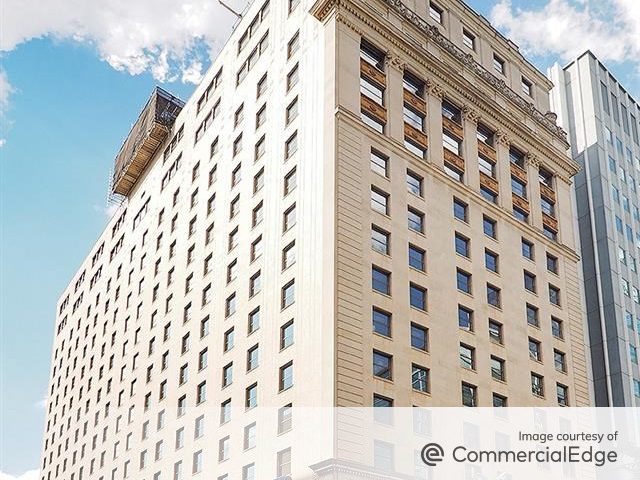
Apart from Vanguard’s $117 million buy, other notable office deals since the start of the year included the $19.3 million acquisition of The Johnston Building. KHP Capital Partners picked up the 172,382-square-foot asset from Spaulding & Slye Investments in May.
Another significant deal was Montecito Medical Real Estate’s $13.8 million purchase of the 33,891-square-foot medical office building at 1601 Abbey Place. The deal closed in June, with Healthpeak Properties as seller.
Office assets in Charlotte changed hands at an average sale price of $155 per square foot, higher than in Atlanta ($146 per square foot) and Dallas ($116 per square foot). Among peer markets, Austin led with $432 per square foot.
Charlotte’s office vacancy rate on the rise
Charlotte’s office vacancy rate has started to grow since the start of the year—from the 12.8 percent recorded in January to 15.5 percent in April. In July, the rate slightly improved, reaching 14.9 percent.
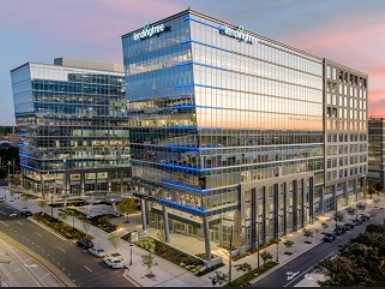
One notable leasing deal was Tyron Investors’ new commitment at Vantage South End’s East Tower, 286,235-square-foot office building. The tenant is DP World, which uses the space as its new North American base of operations.
At the end of July, the coworking sector in Charlotte encompassed 505,060 square feet, the same footprint that was registered at the end of March.
Among similar markets, only Orlando had a smaller coworking space submarket, totaling 321,187 square feet. The share of coworking space as percentage of total leasable office space reached 1.6 percent—below the national of 1.8 percent and on par with Orlando’s rate.
Year-to-date through July, the flex office provider with the largest footprint in Charlotte remained Regus, with operations totaling 169,787 square feet. The company was followed by Souder Properties, with 95,000 square feet, Hygge, with 92,837 square feet, and WeWork, with 86,000 square feet.

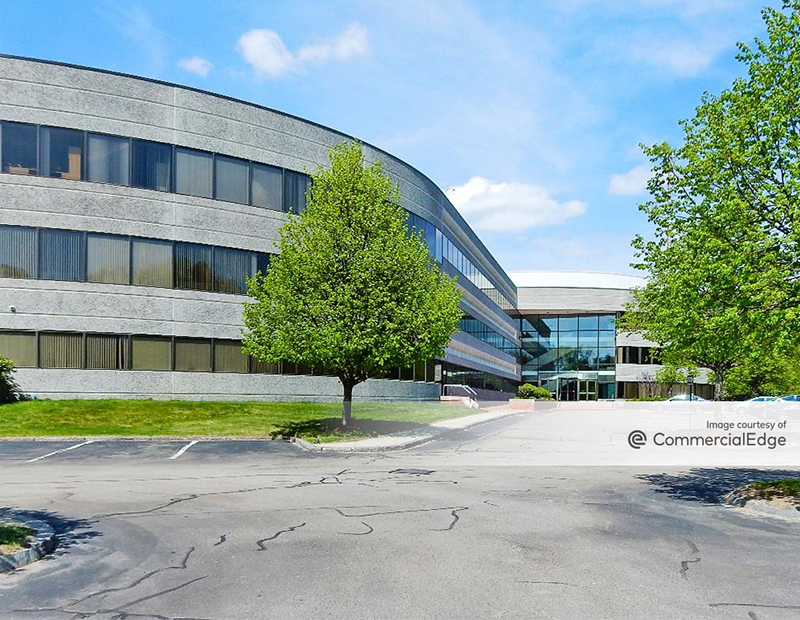
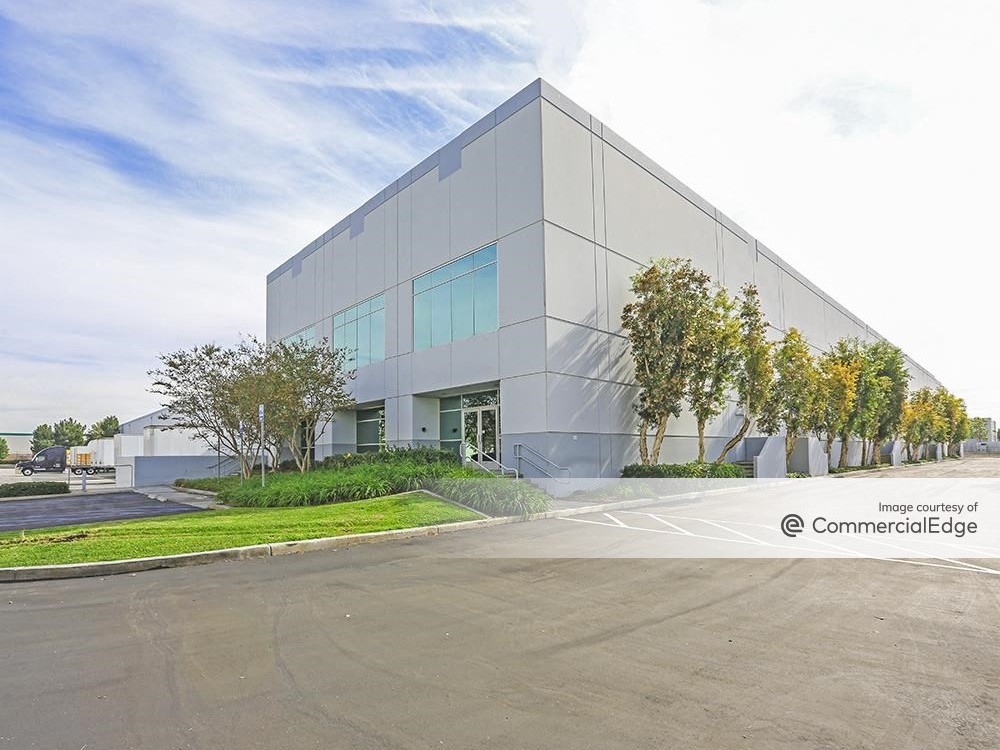
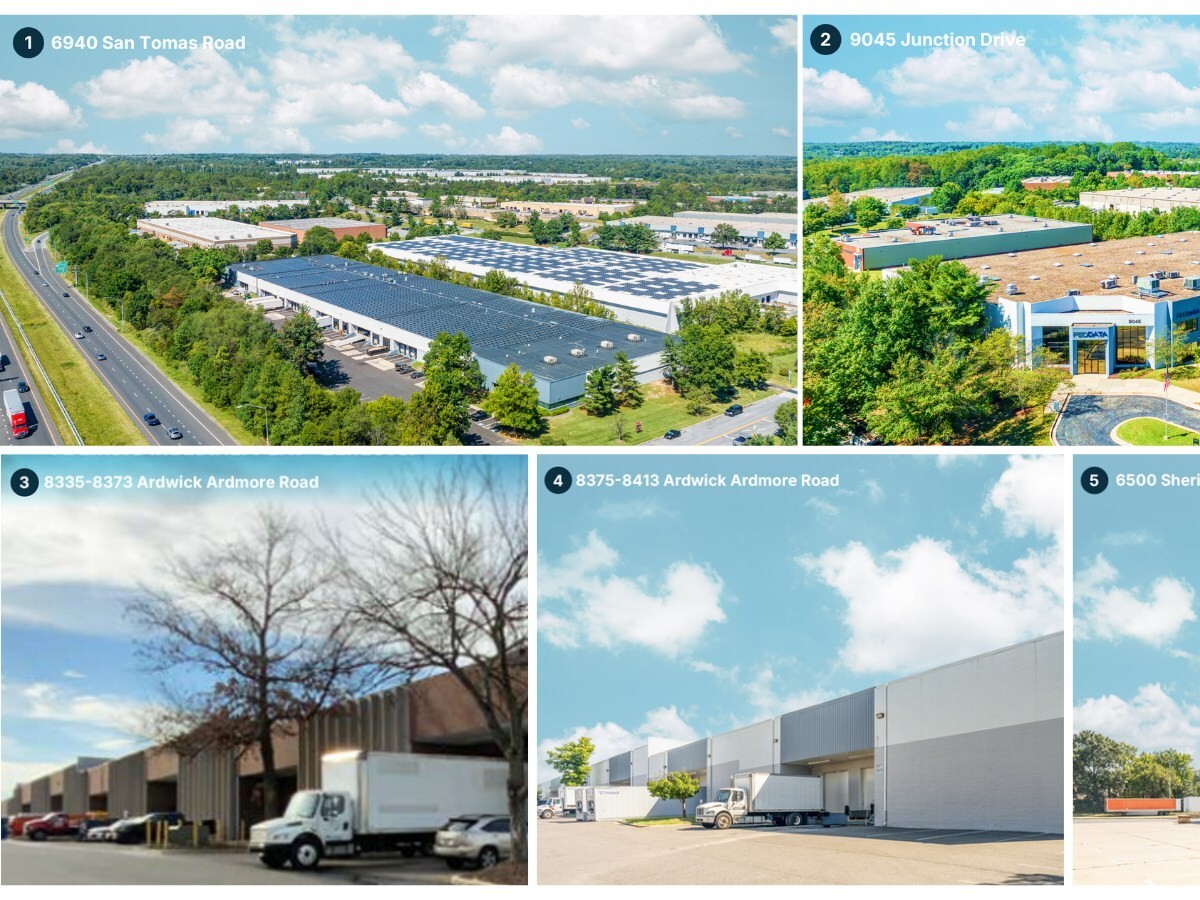
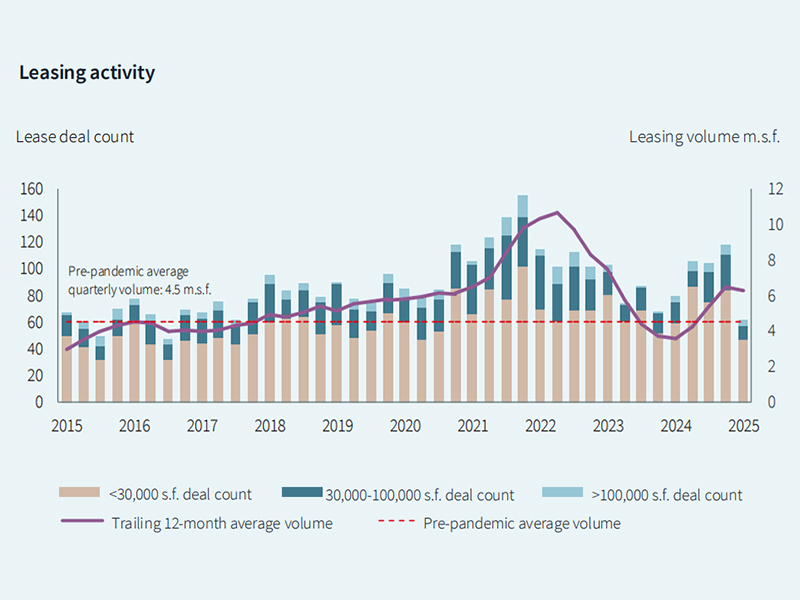

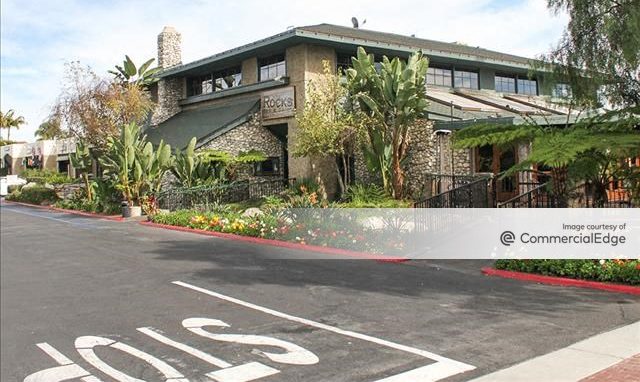
You must be logged in to post a comment.